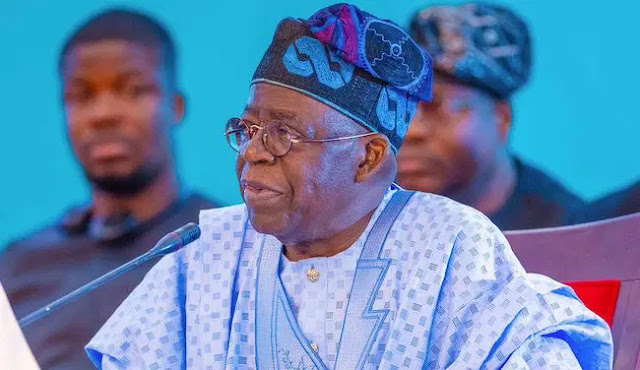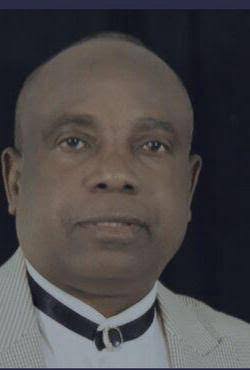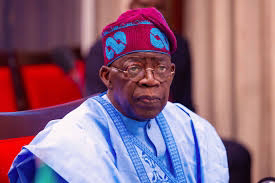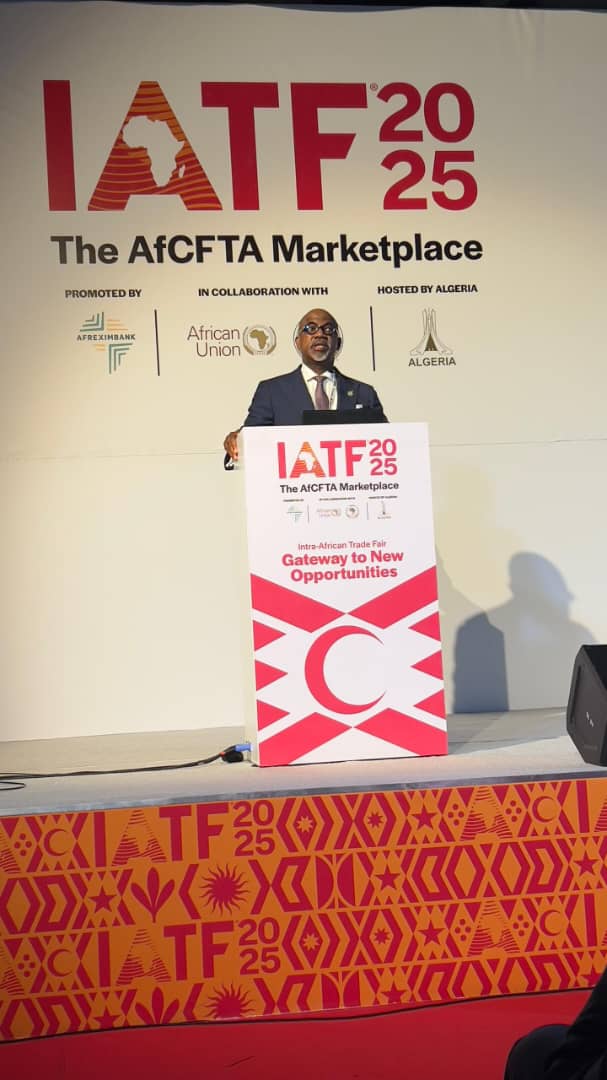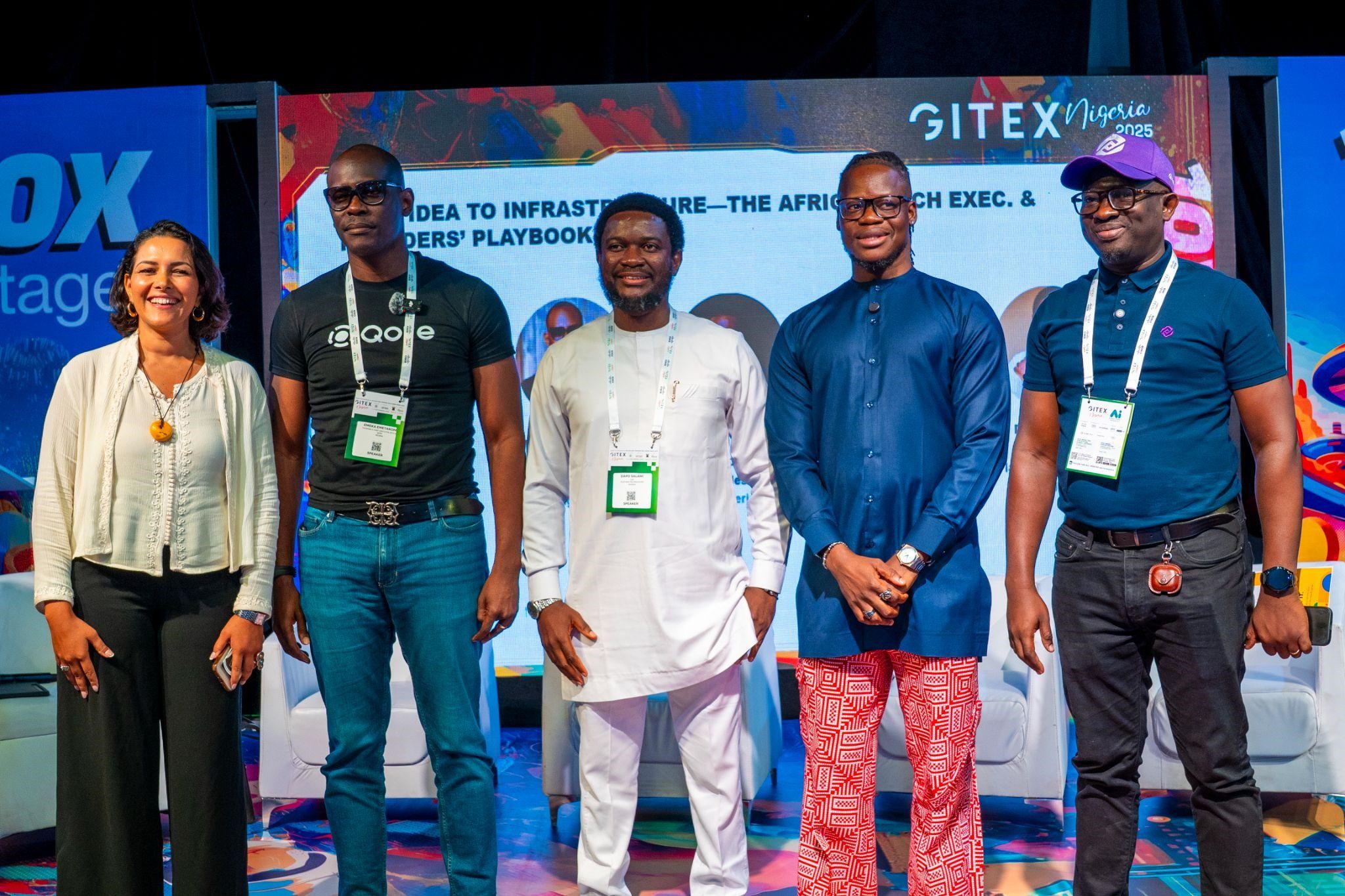The Lagos State chapter of the All Progressives Congress (APC) has expressed unwavering confidence in President Bola Ahmed Tinubu’s ability to secure re-election in 2027, dismissing speculations of a formidable opposition alliance as a futile endeavor. In a recent statement, the party described the opposition’s attempts to unite against Tinubu as a “pipe dream” destined to collapse under the weight of internal contradictions and the APC’s entrenched political machinery in Lagos and beyond. This bold assertion comes amid growing discussions about potential coalitions among opposition parties, including the Peoples Democratic Party (PDP), Labour Party (LP), and others, aiming to challenge the APC’s dominance in the next general elections.
The Lagos APC’s Stance: A Fortress of Confidence
The APC in Lagos, a state widely regarded as the political and economic heartbeat of Nigeria, has positioned itself as a formidable force in the nation’s political landscape. Lagos, often referred to as the “Centre of Excellence,” is not only Nigeria’s commercial capital but also a key determinant in national elections due to its large population and significant voter base. The state has been a stronghold of the APC and its political godfather, President Tinubu, for over two decades, a legacy that the party believes will remain unshaken.
In its statement, the Lagos APC, through its Publicity Secretary, Hon. Seye Oladejo, emphasized that the opposition’s plans to form a coalition to unseat Tinubu are unrealistic and lack the cohesion needed to succeed. “The opposition’s so-called mega-party or alliance is a mirage,” Oladejo declared. “Their efforts are riddled with distrust, competing egos, and a lack of shared vision. We are confident that President Tinubu’s achievements and the APC’s track record in Lagos and Nigeria will ensure victory in 2027.”
The party’s confidence stems from several factors, including Tinubu’s long-standing influence in Lagos politics, the APC’s robust organizational structure, and the perceived weaknesses of opposition parties. The APC argues that while the opposition may attempt to rally around a single candidate or platform, historical precedents and current political realities suggest that such alliances are unlikely to hold.
Tinubu’s Political Legacy in Lagos
To understand the APC’s confidence, one must examine Tinubu’s political journey and his indelible mark on Lagos State. As governor of Lagos from 1999 to 2007, Tinubu implemented transformative policies that reshaped the state’s infrastructure, economy, and governance framework. His administration introduced innovative revenue generation strategies, such as the Internally Generated Revenue (IGR) model, which significantly reduced Lagos’ dependence on federal allocations. Projects like the Bus Rapid Transit (BRT) system, urban renewal initiatives, and the establishment of key institutions like the Lagos State Traffic Management Authority (LASTMA) are often cited as hallmarks of his tenure.
Tinubu’s influence extends beyond his time as governor. As a political strategist, he has built a formidable network of loyalists who have maintained control of Lagos politics through successive administrations. Governors Babatunde Fashola, Akinwunmi Ambode, and the incumbent Babajide Sanwo-Olu have all operated under Tinubu’s political umbrella, ensuring continuity of the APC’s dominance. This legacy, according to the Lagos APC, makes it nearly impossible for opposition parties to penetrate the state’s political landscape.
“Tinubu is not just a politician; he is a phenomenon,” Oladejo stated. “His vision for Lagos and Nigeria has created a political dynasty that the opposition cannot dismantle. The people of Lagos know this, and their loyalty to the APC is unwavering.”
The Opposition’s Struggles: A History of Failed Alliances
The APC’s dismissal of the opposition’s coalition plans is rooted in a historical analysis of Nigeria’s political landscape. Opposition alliances in Nigeria have often been plagued by internal divisions, ideological differences, and personal ambitions. The Lagos APC pointed to past attempts, such as the 2019 coalition between the PDP and other smaller parties, which failed to unseat then-President Muhammadu Buhari. Similarly, the 2014 merger that birthed the APC itself—a rare success story—was an exception rather than the norm, driven by a unique convergence of interests and personalities.
In recent months, reports have emerged of discussions among opposition leaders, including Atiku Abubakar of the PDP, Peter Obi of the Labour Party, and Rabiu Kwankwaso of the New Nigeria People’s Party (NNPP), to form a united front against the APC in 2027. The goal, according to sources within the opposition, is to consolidate their voter bases and present a single candidate capable of challenging Tinubu. However, the Lagos APC argues that these efforts are doomed to fail for several reasons.
First, the opposition parties lack a unified ideology. The PDP, traditionally a center-left party, has struggled to articulate a clear alternative to the APC’s policies, while the Labour Party’s rise in 2023 was largely driven by Peter Obi’s personal appeal rather than a robust party structure. The NNPP, meanwhile, is regionally focused, with its influence largely confined to Kano State. These differences make it difficult for the parties to agree on key issues such as leadership, zoning, and policy priorities.
Second, personal ambitions and egos among opposition leaders are significant obstacles. Atiku, Obi, and Kwankwaso are all prominent figures with strong followings, but none has shown a willingness to step aside for the other. The PDP’s internal crises, including factionalism and leadership disputes, further complicate matters. The Lagos APC highlighted these challenges, noting that “the opposition is more interested in power than in serving the people, and their disunity will be their downfall.”
The APC’s Strengths: Organizational Prowess and Grassroots Support
In contrast to the opposition’s struggles, the APC boasts a well-organized political machine that has consistently delivered electoral victories in Lagos and beyond. The party’s grassroots mobilization efforts, coupled with its ability to leverage state resources and patronage networks, give it a significant advantage. The APC’s ward-level structure ensures that it maintains close contact with voters, allowing it to respond to local concerns and maintain loyalty.
The party also benefits from Tinubu’s personal charisma and strategic acumen. Known as the “Asiwaju of Lagos,” Tinubu has cultivated a cult-like following among many Lagosians, who view him as a visionary leader who transformed the state. His ability to navigate Nigeria’s complex political terrain, build alliances, and manage crises has made him a formidable figure in national politics.
Moreover, the APC argues that Tinubu’s presidency has delivered tangible results that will bolster his re-election bid. The party points to ongoing infrastructure projects, economic reforms, and efforts to address insecurity as evidence of Tinubu’s commitment to Nigeria’s progress. While acknowledging challenges such as inflation and unemployment, the Lagos APC insists that these are global issues that require time to address fully.
“President Tinubu inherited a challenging economy, but his reforms are laying the foundation for long-term prosperity,” Oladejo said. “The opposition has no credible alternative, and Nigerians will see through their empty promises.”
The 2023 Elections: A Case Study in APC’s Dominance
The 2023 general elections provide a recent example of the APC’s electoral prowess and the opposition’s struggles. In Lagos, the APC secured victories in the presidential, governorship, and legislative elections, despite a strong challenge from the Labour Party, particularly in the presidential race. Peter Obi’s unexpected popularity among young voters and the “Obidient” movement posed a significant threat, but the APC’s superior organization and strategic campaigning ensured its dominance.
Nationally, Tinubu emerged victorious in the presidential election, defeating Atiku and Obi in a highly competitive race. The APC’s ability to mobilize voters in key states, including Lagos, Kano, and Kaduna, was critical to its success. The Lagos APC believes that the lessons learned from 2023 will inform its strategy for 2027, ensuring an even stronger performance.
“The opposition thought they could surprise us in 2023, but we showed them that Lagos is APC territory,” Oladejo remarked. “We are already preparing for 2027, and our structures are stronger than ever.”
Challenges for the APC: Addressing Public Discontent
While the APC exudes confidence, it is not without challenges. Nigeria’s economic difficulties, including rising inflation, fuel subsidy removal, and currency devaluation, have fueled public discontent. In Lagos, issues such as traffic congestion, housing shortages, and youth unemployment remain pressing concerns. The opposition has sought to capitalize on these challenges, accusing the APC of mismanagement and insensitivity to the plight of ordinary Nigerians.
The Lagos APC acknowledges these concerns but argues that they are being addressed through deliberate policies and programs. For instance, the Sanwo-Olu administration has prioritized infrastructure development, including the completion of the Lagos-Badagry Expressway and the expansion of rail networks. The state government has also launched initiatives to support small businesses and create jobs for young people.
Nationally, Tinubu’s administration has introduced measures to stabilize the economy, such as the unification of the exchange rate and efforts to boost local production. The APC believes that these policies, though painful in the short term, will yield significant dividends by 2027, strengthening Tinubu’s re-election bid.
The Role of Lagos in National Politics
Lagos’ significance in Nigerian politics cannot be overstated. With a population of over 20 million and a diverse electorate, the state is a microcosm of Nigeria’s ethnic, religious, and cultural diversity. Winning Lagos is often seen as a prerequisite for national electoral success, making it a critical battleground for both the APC and the opposition.
The APC’s dominance in Lagos is bolstered by its control of key institutions, including the state government, local councils, and traditional leadership structures. The party’s ability to mobilize voters through these channels gives it a significant edge over the opposition, which lacks comparable infrastructure.
However, the opposition remains hopeful that it can make inroads in Lagos, particularly among young and urban voters who are disillusioned with the status quo. The Labour Party’s strong showing in parts of Lagos during the 2023 elections suggests that the APC’s grip, while strong, is not absolute. The opposition’s ability to sustain this momentum and build a cohesive coalition will be critical to its chances in 2027.
The Road to 2027: Strategies and Predictions
As the 2027 elections approach, the APC is leaving nothing to chance. The party has already begun mobilizing its base, holding strategy sessions, and strengthening its grassroots structures. The Lagos APC has vowed to work closely with the national leadership to ensure a unified campaign that highlights Tinubu’s achievements and counters opposition narratives.
The opposition, meanwhile, faces the daunting task of overcoming its internal divisions and building a credible alternative to the APC. While the idea of a mega-party or coalition is appealing, its success will depend on the ability of opposition leaders to set aside personal ambitions and present a united front. Historical trends suggest that this will be a difficult task, but the opposition remains optimistic that public discontent with the APC could provide an opening.
Political analysts are divided on the opposition’s chances. Some argue that a well-coordinated coalition, backed by a charismatic candidate and a clear policy agenda, could pose a serious challenge to the APC. Others, however, believe that the APC’s organizational strength, coupled with Tinubu’s political acumen, will make it difficult for the opposition to succeed.
Conclusion: A Battle for Nigeria’s Future
The Lagos APC’s confidence in Tinubu’s 2027 victory reflects the party’s deep-rooted belief in its political dominance and the enduring appeal of its leader. By dismissing the opposition’s coalition efforts as doomed to fail, the APC is signaling its readiness to defend its territory and maintain its grip on power. However, the road to 2027 will not be without challenges, as economic hardships and public discontent could provide the opposition with an opportunity to capitalize.
For now, the APC remains the party to beat, particularly in Lagos, where its political machinery is unmatched. The opposition’s dream of unseating Tinubu will require more than just rhetoric and alliances—it will demand unity, strategy, and a compelling vision for Nigeria’s future. As the countdown to 2027 begins, all eyes will be on Lagos, the political crucible where Nigeria’s future will be shaped.


